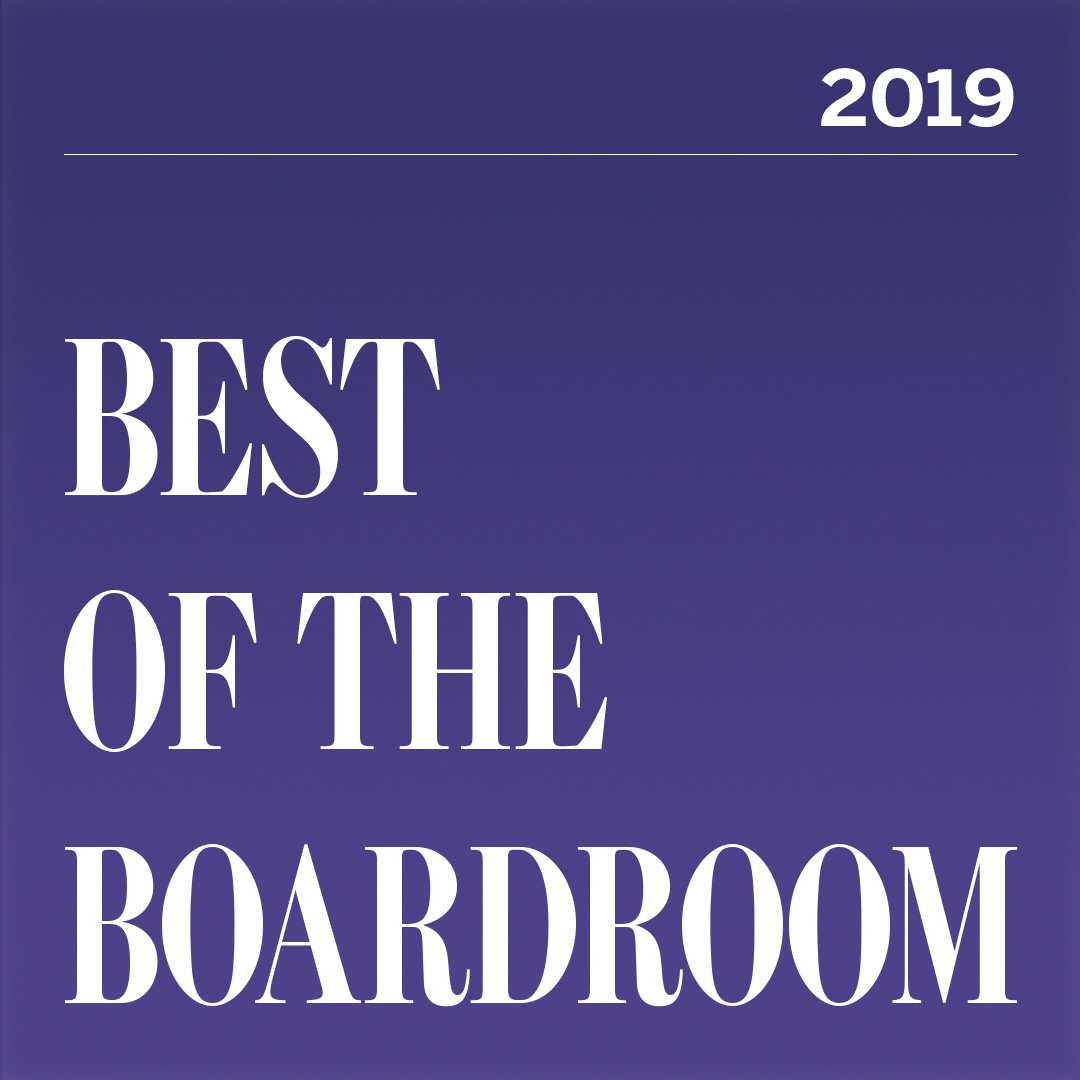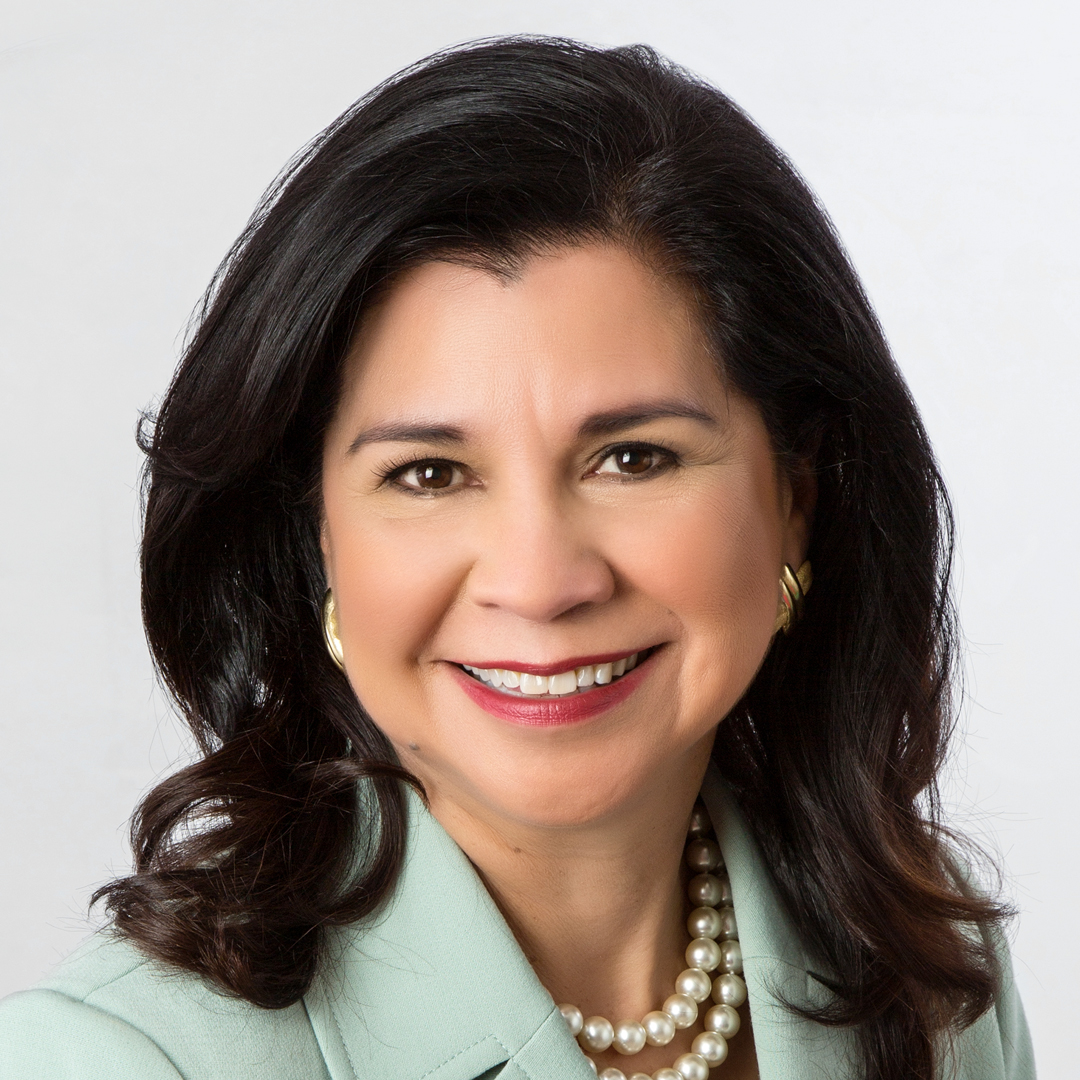|
Getting your Trinity Audio player ready...
|
You’ve had an impressive career in both public service and in the private sector. How do you think this informs your leadership abilities in a board setting?
Throughout my career, I have been exposed to so much that it simply allows me to be in a position to oversee, advise, and raise red flags to help any corporation in achieving its goals. I can do that as a result of the experience I’ve had.
What sparked your interest in board service?
If you’re asking why I’m doing it now, it’s because I feel ready. Ten years ago, I probably wouldn’t have felt this way, but now I have been exposed to so many fields and situations in both the corporate world and the public sector that I know I can bring value to a corporate entity at any level. Impacting change on a large scale has been the story of my life. I’ve always looked for challenges, and board service would be the right challenge for me now.
Read our “Primed for the Boardroom” article to gain insights and advice on preparing and positioning yourself for board service.
It’s a different stage of my life now. I think it’s the right time to go into board service. Also, impacting change on a larger scale has been the story of my life. I’ve always looked for challenges, and this would be one of them.
In terms of choosing a corporate entity on whose board you’d like to serve, what criteria would you use?
Interesting. My background has been pretty diverse in terms of the scope of the companies and sectors I’ve dealt with as a practicing lawyer, a state attorney general, and a member of Congress. Areas of particular interest to me these days include the healthcare, energy, real estate, and environmental sectors of the US economy. I am a former member of the Judiciary and Natural Resources Committees of the US House of Representatives—eight years there—and, at one point in my career, I sat on the board of the Puerto Rico Home Builders Association, so I have a good grasp of those fields. Also, given my government experience, I could add value to corporate entities that are heavily regulated or do substantial business with government instrumentalities at the federal or state level.
What were your biggest takeaways from the BRI program at the LCDA’s annual convening?
First of all, there was very practical, pragmatic training. I was reminded time and again that the board director role is different; you’re not managing or counseling like I am used to, but rather overseeing. Your role is basically to make sure that the corporation, and its management, is fulfilling its mission. You have to do your best to enable management to do a better job.
I also really enjoyed the one-on-one coaching I got from one of the recruiters that participated in the program. He actually interviewed me and gave me the dos and don’ts for my future interviews as a potential corporate board member.
To learn more about the LCDEF’s BRI program, contact Carmen Joge.

